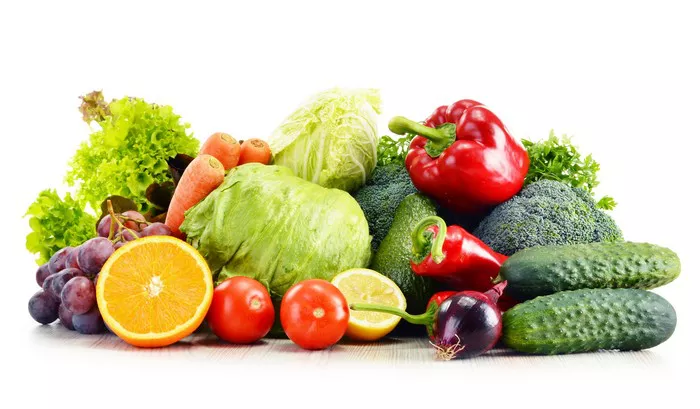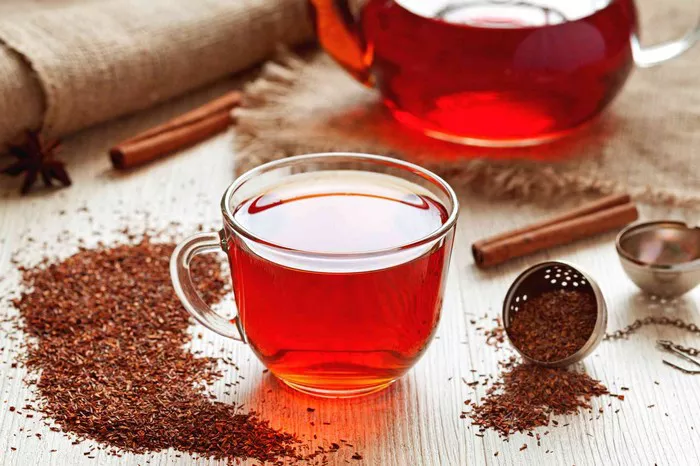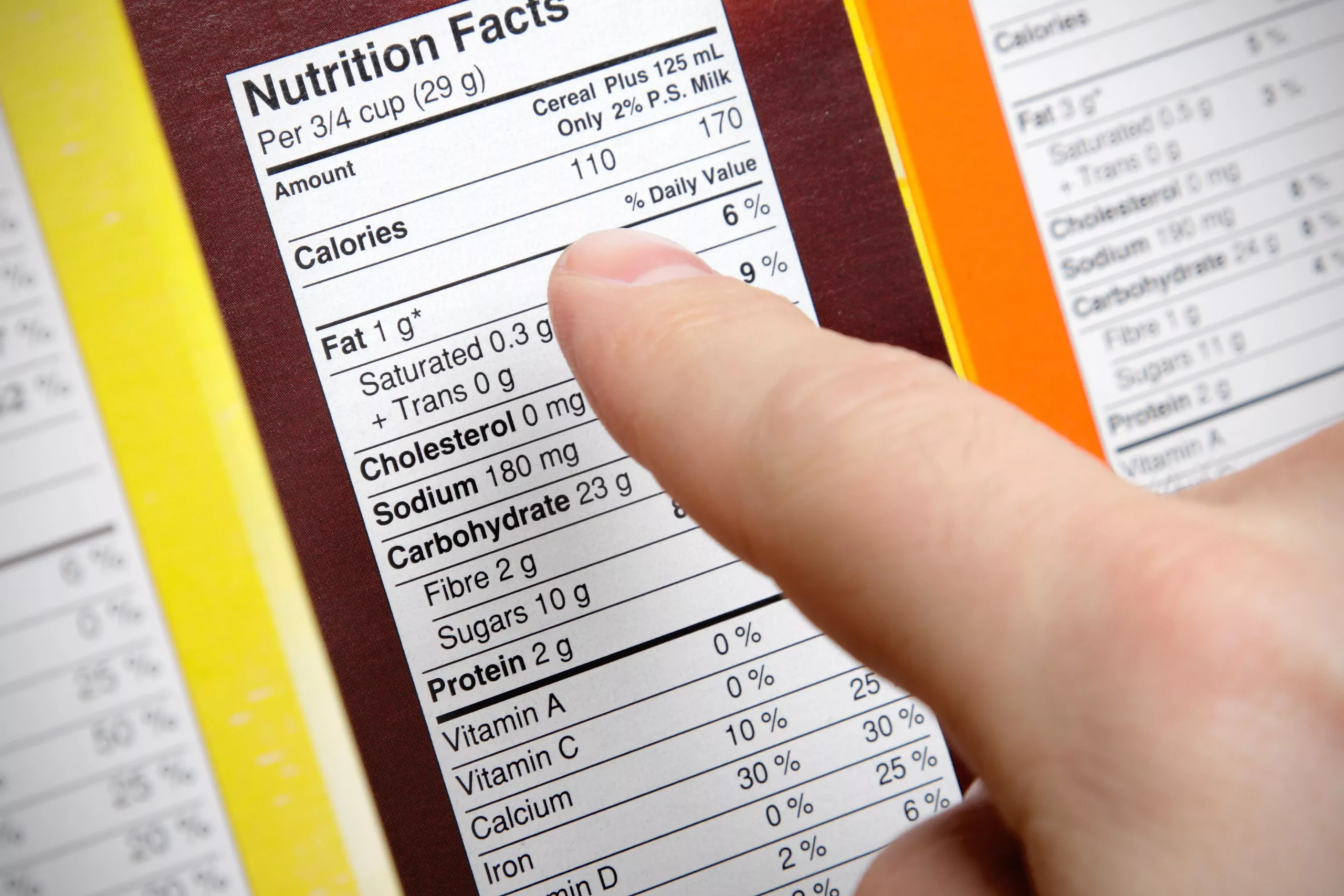Embarking on a journey to build muscle requires not only dedication in the gym but also a keen focus on nutrition. While it’s crucial to fuel your body with the right nutrients, it’s equally important to steer clear of foods that can hinder your muscle-building efforts. In this comprehensive guide, we will delve into the top 10 foods you must quit during the muscle-building period, providing professional insights to optimize your nutritional intake for optimal gains.
Top 10 Foods You Must Avoid During the Muscle-Building Period
1. Processed Foods and Sugary Snacks
One of the primary culprits hindering muscle growth is the consumption of processed foods and sugary snacks. These items often contain empty calories, lacking essential nutrients while being high in unhealthy fats and sugars. Not only do they contribute to excess body fat, but they also provide little to no nutritional value to support muscle development. To optimize your muscle-building journey, it’s imperative to eliminate or significantly reduce the intake of processed snacks and sugary treats.
2. Trans Fats and Fried Foods
Trans fats, commonly found in fried foods and commercially baked goods, are notorious for their adverse effects on health. In the context of muscle building, trans fats can lead to inflammation and hinder the absorption of crucial nutrients. Fried foods, although delicious, are often high in unhealthy fats and can contribute to an increase in body fat percentage. To support muscle growth, it’s advisable to replace fried and trans-fat-laden foods with healthier alternatives like grilled, baked, or steamed options.
3. Alcohol
While enjoying an occasional drink may seem harmless, regular alcohol consumption can impede muscle-building efforts. Alcohol can interfere with protein synthesis, reduce testosterone levels, and impair sleep quality – all of which are critical factors in muscle recovery and growth. To optimize your gains, consider limiting alcohol intake and prioritizing hydration with water or other non-alcoholic, low-calorie beverages.
4. Excessive Sugary Drinks
Sugar-sweetened beverages, including sodas and energy drinks, are laden with empty calories that offer little nutritional value. The high sugar content can lead to insulin spikes and crashes, negatively impacting energy levels and muscle recovery. Opt for water, herbal teas, or natural fruit juices in moderation to support hydration without the detrimental effects of added sugars.
5. Highly Processed Protein Bars and Shakes
While protein bars and shakes can be convenient protein sources, not all options are created equal. Many commercially available protein bars and shakes contain excessive amounts of sugar, artificial additives, and low-quality protein sources. To maximize muscle-building benefits, opt for whole food sources of protein such as lean meats, dairy, and plant-based alternatives, or choose minimally processed protein supplements with transparent ingredient lists.
6. White Bread and Refined Grains
White bread and refined grains undergo extensive processing, stripping them of essential nutrients and fiber. These simple carbohydrates can lead to rapid spikes in blood sugar levels, followed by crashes that leave you feeling fatigued. Instead, focus on incorporating whole grains such as brown rice, quinoa, and oats into your diet. These options provide sustained energy, and essential nutrients, and support overall health, contributing positively to your muscle-building efforts.
7. Highly Processed Meats
Processed meats, such as sausages, bacon, and certain deli meats, often contain high levels of sodium, unhealthy fats, and preservatives. Excessive consumption of these processed options has been linked to various health issues, including inflammation and cardiovascular problems. Opt for lean, unprocessed meats like chicken, turkey, and lean cuts of beef to ensure you’re getting quality protein without the detrimental additives.
8. High-Sodium Foods
Excessive sodium intake can lead to water retention and bloating, potentially masking your muscle definition. Additionally, high sodium levels can contribute to elevated blood pressure and negatively impact overall cardiovascular health. Minimize the consumption of processed foods, canned goods, and restaurant/fast-food options, as they often contain hidden sources of sodium. Instead, focus on preparing meals at home using fresh ingredients and herbs to enhance flavor without relying on excessive salt.
9. Artificial Sweeteners
While artificial sweeteners may seem like a calorie-free alternative to sugar, their impact on the body is not entirely benign. Some studies suggest that artificial sweeteners can disrupt gut bacteria, leading to metabolic issues and potential negative effects on muscle growth. Choose natural sweeteners like honey or maple syrup in moderation, or opt for whole fruits to satisfy your sweet cravings while providing additional nutrients and fiber.
10. Excessive Dairy
While dairy is a valuable source of protein and calcium, consuming it in excess can lead to digestive issues for some individuals. Lactose intolerance is prevalent, and symptoms such as bloating and gas can interfere with optimal nutrient absorption. If you suspect dairy intolerance, consider alternatives like lactose-free dairy or plant-based options such as almond, soy, or oat milk.
Conclusion:
In conclusion, optimizing your muscle-building journey involves not only prioritizing the right foods but also eliminating or minimizing the intake of foods that can hinder your progress. By avoiding processed snacks, trans fats, excessive alcohol, sugary drinks, and refined carbohydrates, among other items, you can create a nutrition plan that supports muscle growth, enhances recovery, and promotes overall health.
























